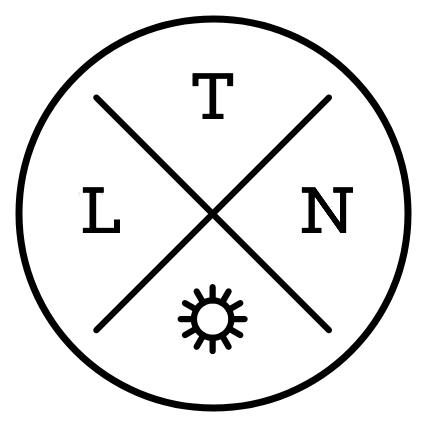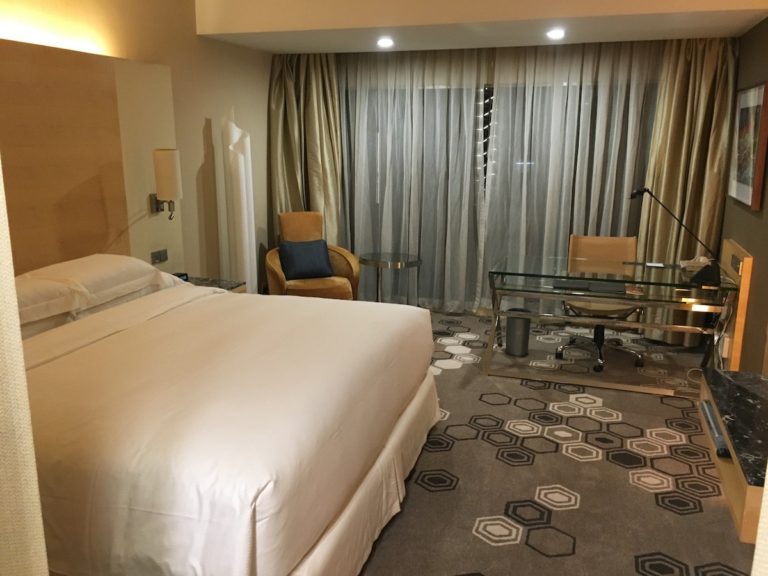How To Get The Best Deals at Independent Hotels
Last updated on September 11th, 2022 at 12:41 pm
When you’ve finally finished reading reviews, checking locations and clicking through photos, it’s time to book your chosen hotel. But if the hotel is independent or part of small local group (i.e. not part of a major chain like Hilton or IHG) you are faced with an huge number of possible booking platforms. In this article we take a look at the various options and give our opinion on which is best.
The main options for booking non chain affiliated hotels are as follows:
Directly on the hotel web site
If you google the hotel name, be careful to choose the real hotel site – third party sites often advertise or rank high in the search results. These sites can appear official, and even have the hotel name in the domain (e.g. the-hotel-name.reservations-site.com)
When you find the genuine hotel site, look for an “Offers” page or any discounts mentioned on the home page. You may get a discount code for signing up to the hotel’s newsletter. (Tip: you might want to use a disposable email address for this). Other offers might be a reduced rate for a longer stay (e.g. 3 or 5 nights)
There can be other benefits to booking directly. Since the hotel does not have to pay a commission to a booking platform, they obviously prefer people to book directly, and may be more likely to offer an upgrade, late check out or other perk.
Hotels.com
Owned by Expedia, Hotels.com is one of the best ways to book independent hotels due to the very simple and rewarding loyalty program. You earn a “stamp” for each night you stay, worth 10% of the amount paid (excluding tax). When you reach 10 stamps, you can redeem for a free night worth the total value or higher.
Not all hotels are included in the program but in my experience it’s very rare to find one that isn’t covered. One quirk of the program is that you must redeem your free night using the Hotels.com app – if you use the web site there is a $5 fee.
Other booking platforms
Booking.com – the largest hotel booking site in the world, which offers a huge array of accommodation options, including apartments.
Agoda – owned by the same parent company as Booking.com, but an excellent choice for hotels in Asia.
Hotel price comparision sites
There are countless hotel booking sites to check, so instead of searching them all individually, you can use a hotel aggregator or comparison site. Some of the best known are: Trivago, Hotels Combined and Tripadvisor.
A challenge with these sites is that the prices listed are not always accurate or up to date – you click through to the booking site and find the price suddenly increases.
You may also see some very attractive prices on comparison sites, offered by less established or well known booking sites, which are much lower than anywhere else. As with many things – if it seems too good to be true, it probably is. You might get lucky and have a great experience, or you might turn up at the hotel and find they don’t have any record of your booking.
Google Travel
Another platform which has become a major player in recent years is Google. When you search a hotel name on Google, you will notice that a box appears with various information about the hotel, including a list of prices pulled from various booking sites.
Interestingly, you will sometimes get a lower price on the same site if you start your search on Google, rather than going directly to the booking or comparison site. For example: Google > TripAdvisor > Agoda may give you a lower price than starting your search on TripAdvisor or going directly to Agoda.
Conclusion
Hotel pricing is a confusing and opaque world. There are multiple companies and interests all competing to make a sale and get a piece of your travel spending.
Our suggestion is to check the price on the official hotel site, Hotels.com and then other booking sites via a search on Google. Depending on how much money you’re spending and how much time your have, you could then do a more extensive search and check other niche travel sites.





